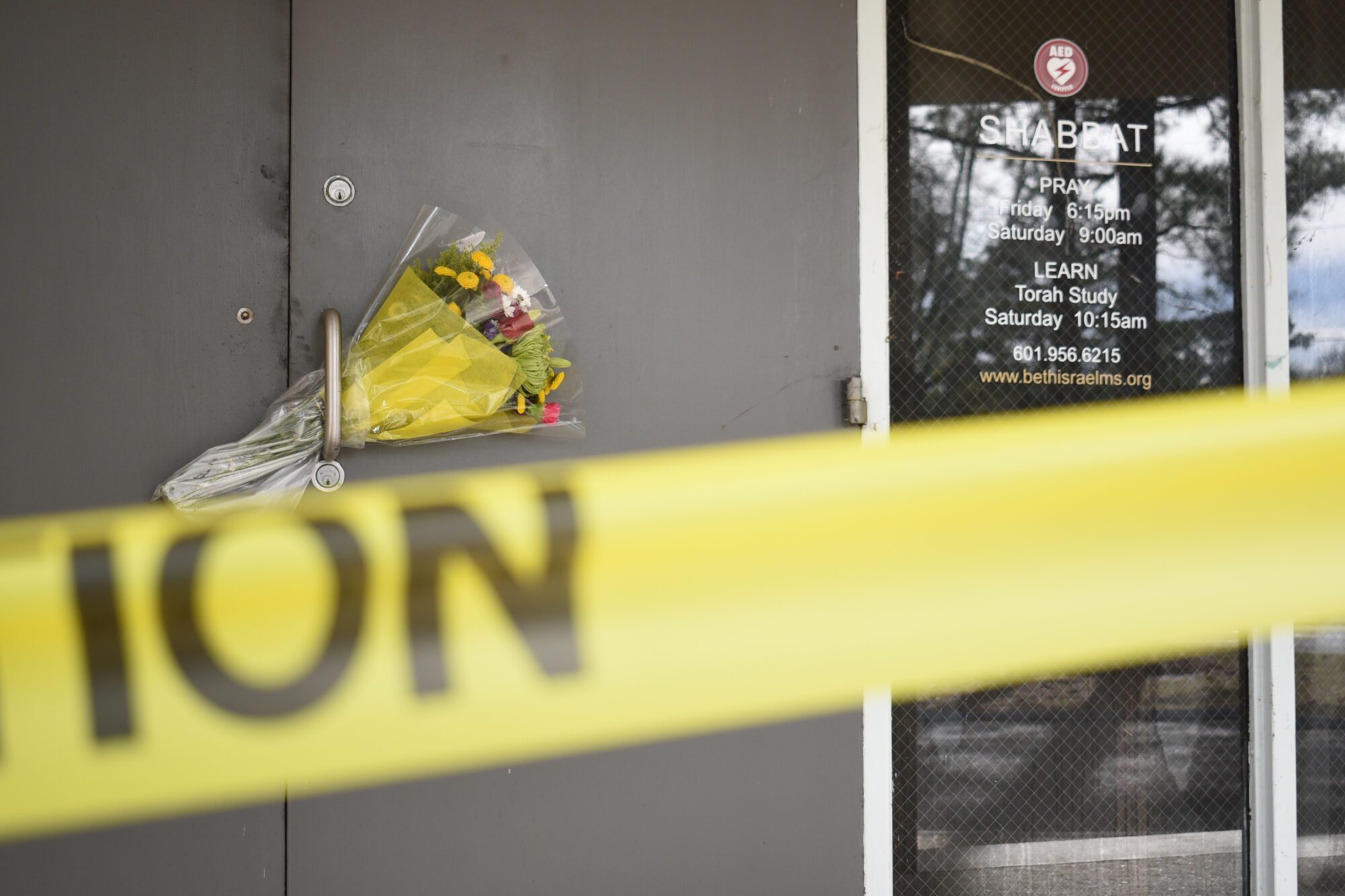
written by Joanna Holbert, Empower Mississippi
Mississippi families want and need choice.
That’s the sentiment from parents across the state – some who’ve been fortunate enough to take advantage of school choice, some who find themselves waiting for a number to be drawn in a lottery, and others who sadly find themselves with nowhere to turn when it comes to education options.
For those families who have had the opportunity to participate in school choice options around the state, the resounding theme is one of satisfaction and success for their children. That’s been the case for Courtney Jones of Jackson.
Courtney’s son Jordan was born with cerebral palsy, and she has exhausted many avenues finding the right option for him.
Jordan began in a private preschool where he was able to break through the communication barrier using a communication device. He then attended public school.

“From there we went into a private school setting that didn’t fit for us. I homeschooled him for a while and now we are at a charter school,” said Courtney with a smile. “Jordan is doing great, and I could not be happier with his school. We always want the best for our kids, but we limit them because we don’t have options. They could be so much further if we had those options.”
Courtney, like most parents, did not accept ‘No’ for an answer, and because of that has found a setting in which Jordan is thriving.
“I’m like that for him because no one else will go the extra mile to ensure he gets what he needs,” she said.
Courtney is one of many parents whose children are benefitting from school choice. That’s been the case for Leah Ferretti of Cleveland as well. She describes her oldest son Thomas as “dying on the vine” in the local public school.
The Ferrettis have three children with dyslexia, and Thomas has received a Special Needs Education Scholarship Account (ESA) that helps cover the cost of tuition at the local private school that is better equipped to meet his needs.
“He is doing great,” said Leah. “The ESA has helped us in sending him to school. He’s happy and successful now.”
Sadly, the Ferrettis’ second son Henry has not been so lucky to receive an ESA. The family remains on the wait list hopeful that Henry’s name will be drawn in the next lottery.
“It’s bittersweet for us because we have experienced the joy of receiving an ESA while still feeling the pain of waiting for our name to be drawn for Henry,” said Leah.

Their youngest child Blake is not eligible for an ESA even though she has been diagnosed with dyslexia. The family made the decision that they would not place her in public school at all, a decision that could provide her with an Individual Education Plan (IEP) and make her eligible for an ESA,because they believe it is the wrong setting for her.
The Ferrettis represent every category for families looking for options in the state: those benefitting from an ESA, those waiting for an ESA, and those ineligible for the program due to sacrifices made early on.
They join hundreds of families on a wait list for a Special Needs ESA, and unfortunately, there are also Mississippi families out there who need school choice but do not meet the criteria for a Special Needs ESA.
Families like the Cooleys of Madison fall into that category. Brooke Cooley’s daughter Piper suffers from osteogenesis imperfecta, a genetic disorder characterized by bones that break easily, often from little or no apparent cause.
By age two Piper had already been in a full body cast due to a broken femur. She has experienced five broken femurs and two broken arms.
“Piper can break a bone from doing just the smallest things,” said Brooke.
The Cooleys decided that enrolling Piper in the local public school where their older daughter was in school was not an option because of the large number of students in a classroom. Instead they enrolled her in a private school with a smaller number of students where the risk of broken bones, although still elevated, was not as high.
Piper remains in a wheelchair at school because of her delicate condition.
“It’s much more expensive, but we could not risk her being bumped and getting a broken bone,” said Brooke.
“The students in her class recognize that they must be very gentle with her. They all take care of her.”
“We would love to even apply for the ESA,” said Brooke, “but because we don’t have an IEP for Piper we don’t qualify. It makes no sense that you have to risk your child’s safety just to get an IEP to apply.”
For now, the Cooleys have no options for Piper except to continue to pay out-of-pocket.
Karen Borden of Taylor agrees.
Her son Wyatt is dyslexic and severely color blind. Having been moved from school to school, Wyatt is not eligible for the ESA because he does not have an IEP. He failed kindergarten at which point Karen knew something was wrong and pulled her son out of school. He has been homeschooled and in a private school setting while working to adapt to his disabilities.
“We are spending $15,000 in tuition plus the cost of therapy,” said Karen. “The public school did not want my son.”
Angry, Karen does not want her son to be left behind simply because he needs a customized education.
“He is smart,” she said, “and he can learn, but he learns in a different way. We are all different and our kids shouldn’t be punished because of that.”
Mississippi has come a long way since 2013. More than ever, people have private and public educational options and the opportunity to make a choice about what they want and need in an educational setting.
As numbers on wait lists climb upward and those frustrated by geographic or programmatic limitations sacrifice to meet urgent needs, one thing is clear: Mississippians not only want school choice, they want more of it.











